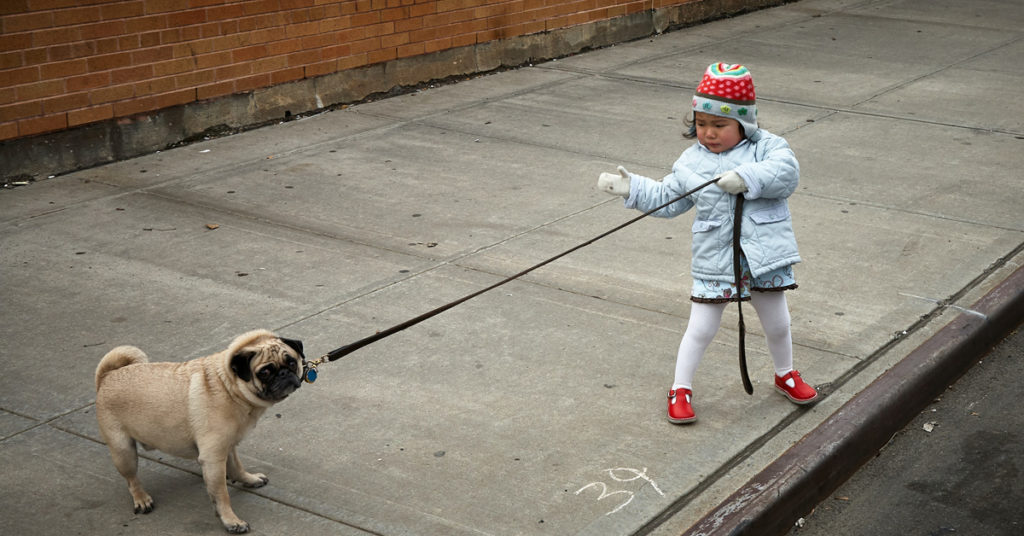
Toddlers have ready access to no as they discover the power of me—the start of a lifelong process of differentiating self from all that is other. When are personal needs, desires, and selfhood the priority? When does caring about others, the need to belong, and toeing the line take precedence?
Fear of social rejection, workplace retaliation, or family conflict can erode our healthy no, leading to resentment, an uncertain sense of self, and inability to answer the call to life. We also need to be able to say no to our own bad habits, rigidities, and avoidance of challenges. No is robust and can open space for self-determination and authenticity. When we find our no, we also discover that yes has been waiting for us, and it is alive and inviting.
HERE’S THE DREAM WE ANALYZE:
“I am enrolled in a graduate program in a beautiful tropical tourist destination. The first part of the dream I remember is getting the syllabus on the first day of one of my classes. The professor is male, in his 30s, slender and unassuming. The class is relatively small (8-12) and comprised of people the same age or slightly younger than myself. I don’t read the syllabus. On another day of class, we are given a break, and I take the chance to go on a walk through a beautiful nature area. I meet with my wife and son, who are staying with me in this idyllic, vacation-like locale. We spot a cafe that I have memory of trying to eat at before, but they were closed. This time they are open, and I estimate I have time to get a quick bite before class resumes. We do, and after a pleasant but short meal, I leave them and return to class. I check the time and see that I have actually missed almost twenty minutes (I think the time was 7:17). I slide back into the classroom, and the class is watching videos that they apparently made in the time I was gone – a group project that seems like it was fun and interesting to put together. After class, I go to the professor’s office to apologize. He avoids eye contact and is rather dismissive of my apology, calling me out for having not read the syllabus. Our discussion continues, but now we are in a popular outdoor spot–a dock by the water along a path surrounded by tropical vegetation. The sun is setting in front of us. Another professor (or school administrator) of mine is also there, a woman also in her 30s. Apparently, I also missed another school activity for a personal reason, and she is attacking my character somewhat aggressively–a contrast to the despondency of the male professor. She is there with two of her friends like they are going out for the night; in contrast, the man is alone. Neither is acting in a professional manner. The woman calls me a liar. I am defending (though still apologetically) my inclination to give time to my family, and my wife appears and tells me to ignore the criticisms. At about the same time, the eyes of both of the school figures begin to change: the woman’s turn into black and white pixilated emoji eyes; the man (who has been sitting to my left with his legs dangling off the dock this whole time) makes direct eye contact with me for the first time. His mood has changed with this direct, more aggressive look, and he no longer has glasses, but his eyes are large, perfectly round, and subtly glowing purplish-orange (it makes me think of an alien). The woman begins to leave with her friends, and I wake up.”
RESOURCES:
Learn to Analyze your own Dreams: https://thisjungianlife.com/enroll/

0 Comments